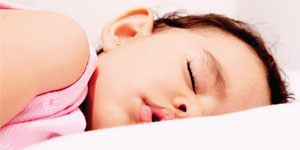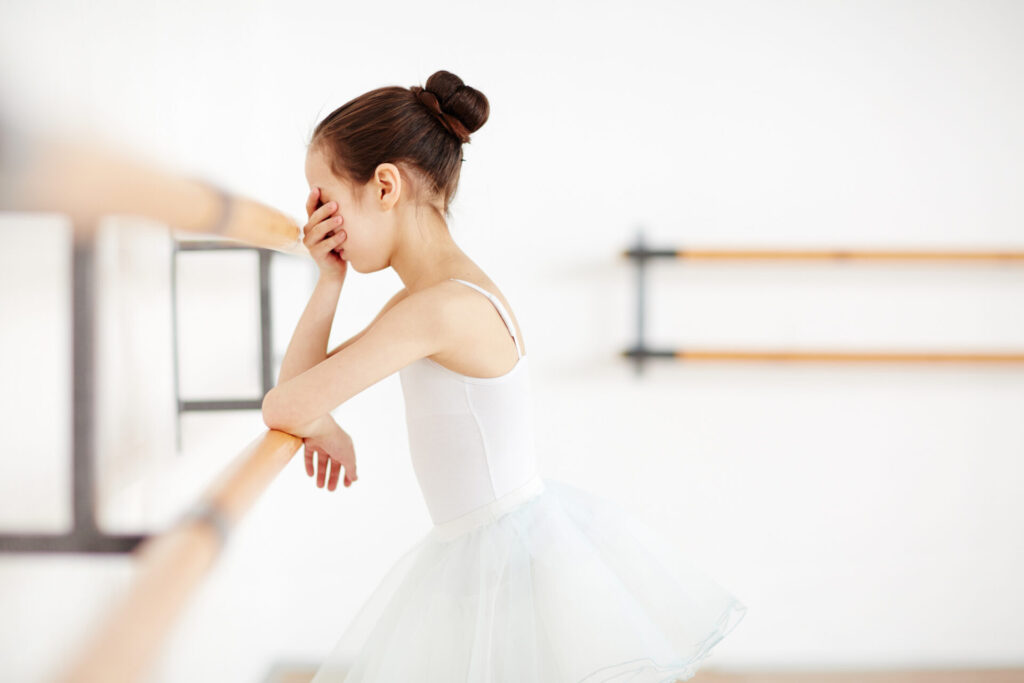
Snoring has long been known to be a possible health hazard for adults. We already know that snoring can be a sign of obstructive sleep apnea. We also know that sleep apnea tends to be more prevalent for overweight and obese adults. But did you know that children can have obstructive sleep apnea too?
Children and young adults are now increasingly diagnosed with sleep-disordered breathing, which includes sleep apnea and snoring. As more and more young people are also identified to be obese, this number continues to rise. Sleep-disordered breathing affects 12% of children, and approximately 6 out of 10 obese children have sleep apnea.
Obstructive sleep apnea can cause health issues in children that may affect their growth and development. During a sleep apnea episode, you stop breathing momentarily during sleep. Your body begins to crave oxygen and carbon dioxide levels rise in the body. It then has to work harder for the next breath. For growing children, these episodes can affect them in the long term, from significant increases in blood pressure, to decreases in growth hormone levels, and even attention and learning difficulties. The longer that children are not diagnosed with sleep apnea, the more likely that they will develop these health issues.
How can you know if your child has sleep apnea? If your child is obese, or have adenotonsillar hypertrophy (larger than normal adenoids or tonsils), they are at risk of having sleep apnea.
If your child snores, and you are concerned that they may have sleep apnea, it is best to speak to your pediatrician. The surest way to determine if a patient has obstructive sleep apnea is by undergoing a polysomnography, or a sleep study. However, your child’s pediatrician will use historical accounts and physical examination to determine if your child should need one.
Parents can also monitor their children for signs of sleep apnea while at home. Physicians have developed questionnaires to help parents determine whether their child might have sleep apnea and need to consult their doctor: the Clinical Assessment Score-15 (CAS-15), and the Pediatric Sleep Questionnaire. Questions include:
- Does your child always snore?
- Does your child snore loudly?
- Does your child tell you that he or she did not sleep well?
- Does your child have morning headaches?
The effects of sleep apnea on children can be diminished with proactive action and early diagnosis.
Dr. Nancy Markley, PhD., is President & CEO of MPowrx™Health and Wellness Products 2012 Inc., and has more than 15 years senior leadership experience in private and public companies. MPowrx recently published an ebook called Children & Sleep Apnea.










